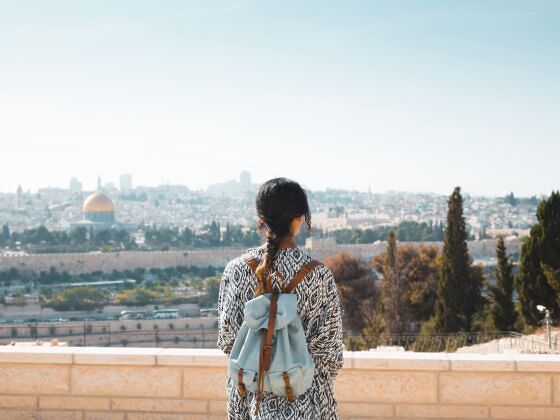The minister was free to torture us because he was the minister, and this was his church, and the film that kept dying on his big screen, to our groans and our fury, was at his mercy. Every few minutes he would mouth his steely-eyed vow to resurrect the dead film, a documentary on Israeli-Palestinian dialogue called Two Sided Story.
Turning to Bassam Aramin, sitting in the back, just off the plane, far from Jerusalem, I found myself thinking that the great men of the world are great for reasons we are not always aware of. Imprisoned by Israel at age seventeen as a Fatah militant, tortured, kept in jail for seven years, switched to peace activism, founded with other Palestinian and Israeli ex-fighters Combatants For Peace, saw his ten-year-old daughter Abir killed by an Israeli policeman’s rubber bullet, fought even harder to outreach Israelis, was “greeted for two hours” at New York’s JFK by Homeland Security, arrived finally to a busted cassette, an addled minister, an unruly crowd he had come to address. He made me aware of just how underrated was the mystery of endurance.
